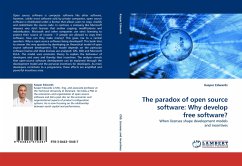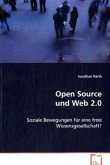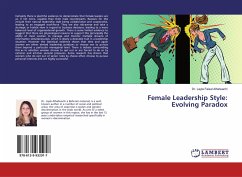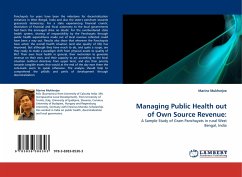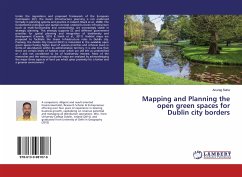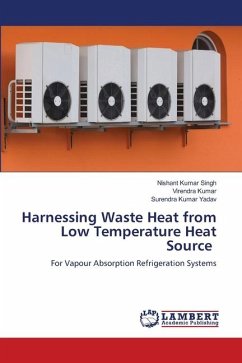Open source software is computer software like other software, however, unlike most software sold by private companies, open source software is distributed under a license that allows users to copy, modify and redistribute the source code. In contrast, a company like Microsoft imposes very strict licenses that outlaw copying, modifications and redistribution. Microsoft and other companies use strict licensing to protect their source of income if people are allowed to copy their software, how can they make money? This gives rise to a central question: Why is open source software being developed? This book tries to answer this very question by developing an theoretical model of open source software development. The model depends on the particular software license and three licenses are analyzed: GPL, BSD and Microsoft EULA. The model uses economic theory to explain the behaviour of developers and users and thereby their incentives. The analysis reveals that open-source software development can be explained through the development model and the personal incentives for developers. As more developers contribute to a programme, these effects are amplified and powerful incentives arise.

